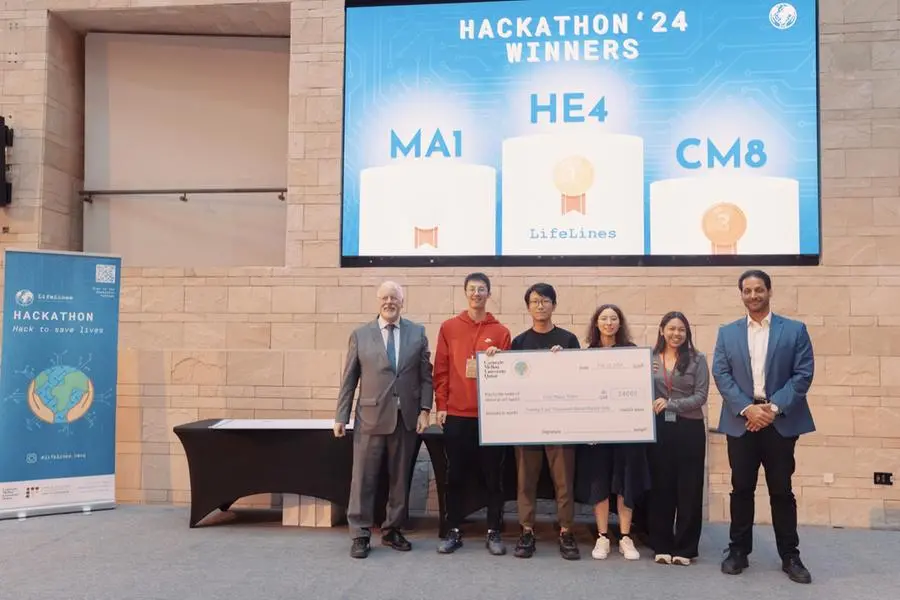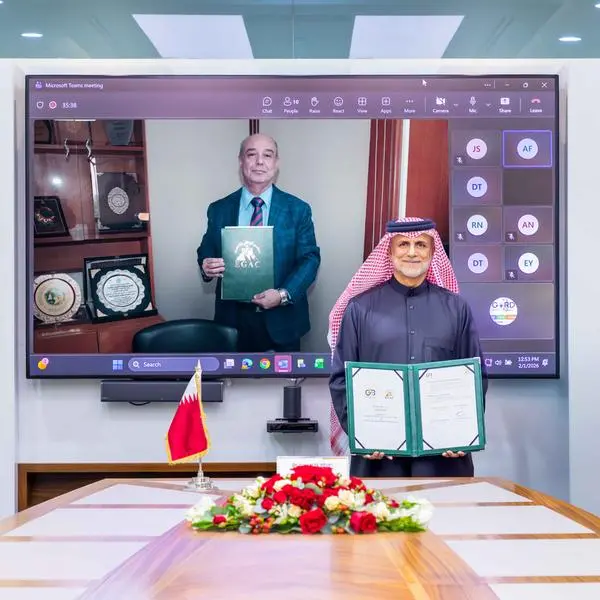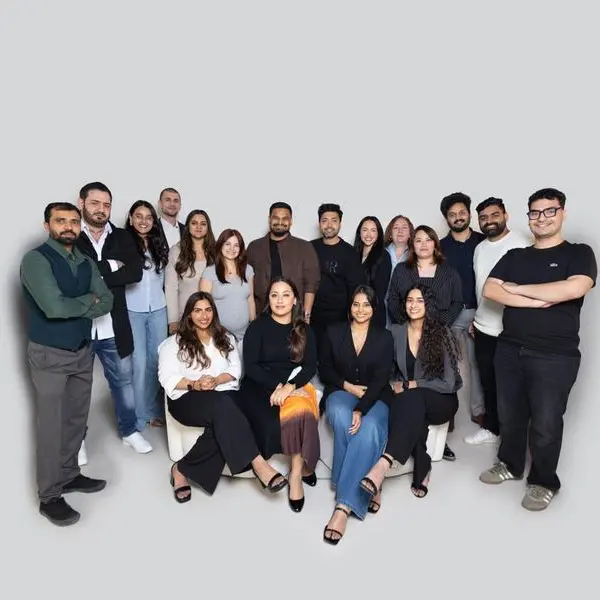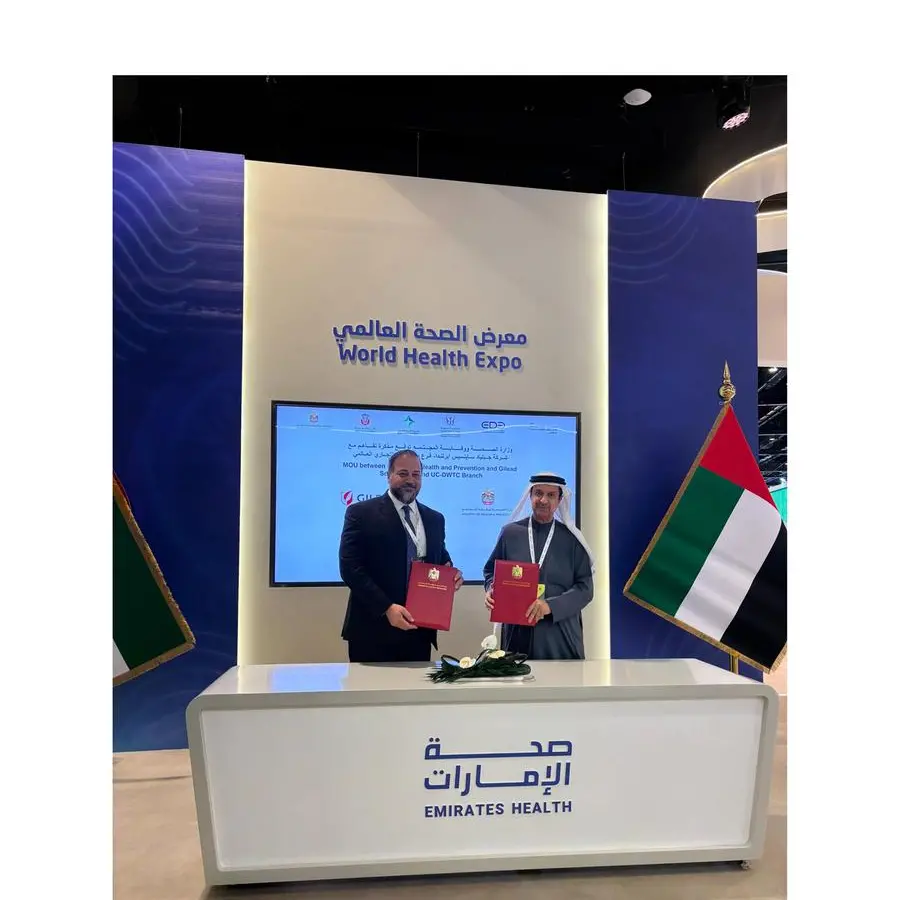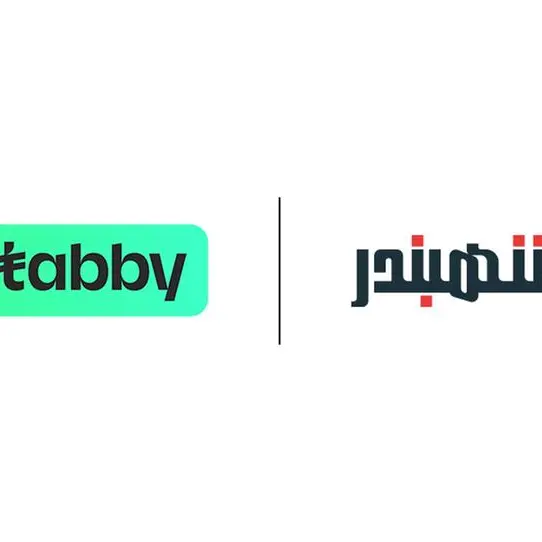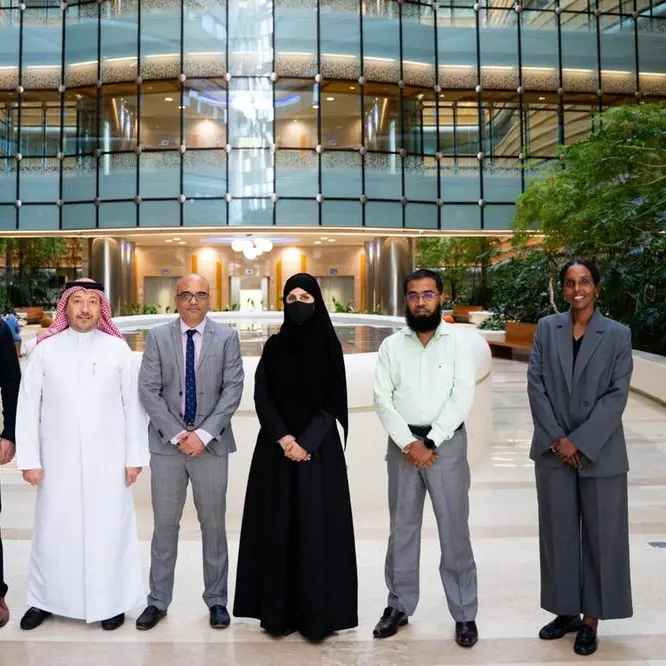PHOTO
A student team from Carnegie Mellon University in Qatar (CMU-Q) has won the first CMU-Q LifeLines Hackathon with an idea to use mobile phone technology to assist visually impaired people in crisis situations. The hackathon was part of a student-led initiative at CMU-Q to channel knowledge and innovation into solutions for people caught in humanitarian crises.
The event brought together 115 students from eight universities and 12 high schools in Qatar. Participants were given 24 hours to create innovations in the areas of crisis management, health and education, and media and awareness.
Michael Trick, dean of CMU-Q, attended the closing ceremony. “It is a hallmark of Carnegie Mellon to channel our knowledge, skills, and ideas to make the world a better place,” he said. “I hope for the participants of the LifeLines Hackathon, this is just the beginning of careers that are dedicated to finding creative ways to help others.”
The LifeLines Hackathon organizers encouraged students from different academic backgrounds to team up. Judges and mentors also hailed from a variety of industries, including technology, business innovation, crisis management, health, education and media. The Hamad Bin Jassim Center for K-12 Computer Science Education was a key organizing partner.
Khaled Harras, senior associate dean for faculty at CMU-Q and the LifeLines faculty advisor, underscored the importance of diverse teams: “This event showcased the creativity that happens when you bring together people of differing academic backgrounds. Interdisciplinary projects can be challenging to navigate, but at CMU-Q we believe that innovation happens through collaboration and diversity of ideas.”
The winning team included students from two programs at CMU-Q: biological sciences students Mariam Elmeragawi and Eaint Thet Su, and computer science students Hao Mei and Zhijie Xu.
The second place team, who created a tool for checking news items for truth and bias, included CMU-Q’s Thang Bui, Demetre Devidze, Andrey Genze, and Thuc Ngo. Rounding out the top three was the Qatar University team of Ahmed Ashraf, Omar Elshenhabi, Mohamed Majd Aleslam, and Aly Soliman, who built a tool that creates a heat map of people in need in crisis zones.
The organizers see the hackathon as the beginning of a broader platform called LifeLines: Software that Saves Lives that encourages collective responsibility and harnesses technology to tackle the challenges of humanitarian crises. The LifeLines team is planning a dynamic lineup of seminars and interactive workshops in the coming months.
-Ends-
About Carnegie Mellon University in Qatar
For more than a century, Carnegie Mellon University has set its own course with programs that inspire creativity and collaboration. A private, top-ranked and global university, Carnegie Mellon looks beyond the traditional borders of the university campus to have a transformative impact locally, nationally, and globally.
In partnership with Qatar Foundation, Carnegie Mellon University in Qatar opened in 2004. CMU-Q offers select undergraduate programs in biological sciences, business administration, computer science, and information systems.
With identical degree requirements to those at the Pittsburgh campus, more than 1200 alumni have graduated from CMU-Q. Today, more than 450 students from 61 countries call Carnegie Mellon Qatar home.
